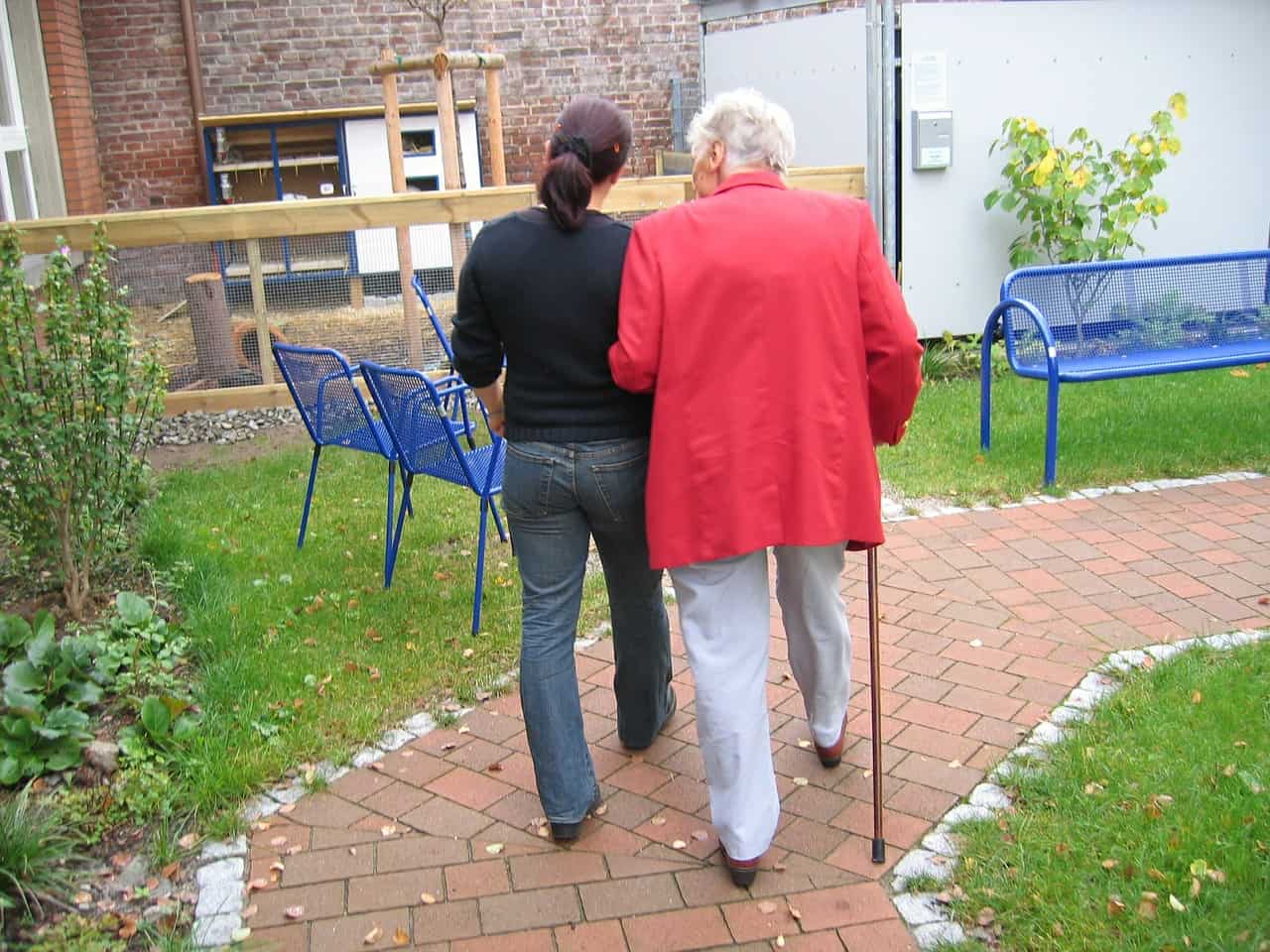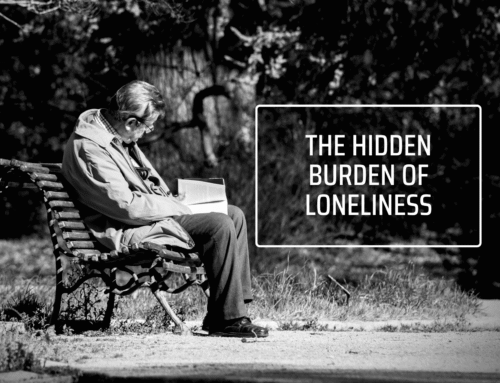
Can Family caregiving and self-compassion co-exist?
Society’s rules and expectations of behavior by family caregivers can seem quite onerous. A caregiver is anticipated to be a selfless individual who keeps the needs of the patient above everyone else’s, including his or her own needs. He/she looks after physical, medical, emotional, psychological, financial and legal needs. He is thought to be an epitome of patience, empathy, and compassion. Today our focus is on the informal or family caregiving. We often forget that the caregiver also needs care. In one of our previous articles, we have already discussed the topic of the caregiver as the hidden patient?
In an article published in the Delhi Psychiatry Journal (2011), it was found that “Caregivers of patients have been shown to demonstrate high levels of psychological distress and depression, with increased rates of physiological illness and personal, financial, family, and social problems.”
In a 2012 survey by Statistics Canada, slightly more than 8 million Canadians, or 28% of people aged 15 and over, had provided help or care to a relative or friend with a chronic health problem. Some caregivers provided care on a basis equivalent to a full-time job: 31% of those caring for their spouse and 29% of those caring for their child had done so for 30 hours or more per week.

Why people choose to be a family caregiver
Although taking care of a patient can be a physically and emotionally challenging task yet people prefer to do so. When a family member first comes to know of the serious health conditions of his/her loved ones, it comes with a state of denial and ill preparation. They think that the circumstances will change and this phase is temporary. According to a study by The Physiological society, “Stress in Modern Britain”, when rated on a scale of 0 to 10, the death of spouse or relative has a stress level of 9.43.
Most of the family caregivers are first timers and have no idea how time-consuming and demanding caregiving can be. Some of the factors that contribute to the decision to become a family caregiver are love, respect, affection, sense of accomplishment, and preserving those special moments. Other than that there can be social and financial reasons too.
Caregiver burnout
When you’re caring for a loved one, you often forget about your own needs. When your roles and responsibilities as a caregiver seem endless, it may be a major source of stress, especially when you don’t see a way out of this situation. The chronic stress is associated with physical symptoms such as fatigue, insomnia, joint aches and so on. Chronic stress can create medical problems including high blood pressure, diabetes, and a compromised immune system. The social effects of caregiver burnout can be withdrawal from friends and family along with losing interest in daily activities you used to enjoy.
How to burn the burnout without burning relations
Learn the art of self-compassion: Along with the compassion for the patient, you should also think about self-compassion. If you start ignoring your needs, soon your body will start ignoring you. Watch this wonderful video to learn the art of self-compassion.
Look after what you eat: Take a well-balanced diet and avoid skipping meals or munching only on snacks. This also includes watching your caffeine intake.
Connect with someone: Confiding your emotions and state of mind in someone you trust makes your mind freer for the challenges of next day. Don’t be afraid to laugh and cry.
Set your priorities: Not all the things are equally urgent and important. Sort the tasks according to their urgency and significance and plan your day accordingly. Don’t forget to keep some time free for any unexpected circumstances.
Take care of your physical self: Do exercise regularly and get adequate rest. There is a saying that a healthy body means a healthy mind.
Take care of your psychological self: You can relax your mind by listening to music, watching a movie, learning relaxation techniques, finding your spiritual needs, or by joining a mindfulness center. You can also choose to pick a hobby that interests you.
Ask for help: When you feel that you are too stressed, don’t push your limits. Seek help either from your near ones or professionals.
Managing Employment: If you are employed and providing care for your loved ones at the same time, you may want to check the employment policies in your province or country. “Employment and social development Canada offers the Compassionate Care Benefit program through the Employment Insurance program. The benefit provides “26 weeks of compassionate care benefits to eligible Canadians to care for a loved one who is dying or at risk of death.”
By changing things in and around you, you can make sure that both you and your loved ones are provided the love and care that you both deserve. Seeking a little help can boost your energy levels and help you to spend further quality time with your loved ones. We would be happy to know what challenges you face as a caregiver and how you overcome them.
About the Author
Dr Gavril Hercz
Dr. Gavril Hercz is a nephrologist at Humber River Health and Associate Professor of Medicine, University of Toronto. He completed his psychoanalytic training at the Toronto Psychoanalytic Institute and is a member of the Canadian Psychoanalytic Society. His major area of interest is the impact of physical illness on patients, families, and caregivers.
Society’s rules and expectations of behavior by family caregivers can seem quite onerous. A caregiver is anticipated to be a selfless individual who keeps the needs of the patient above [...]



